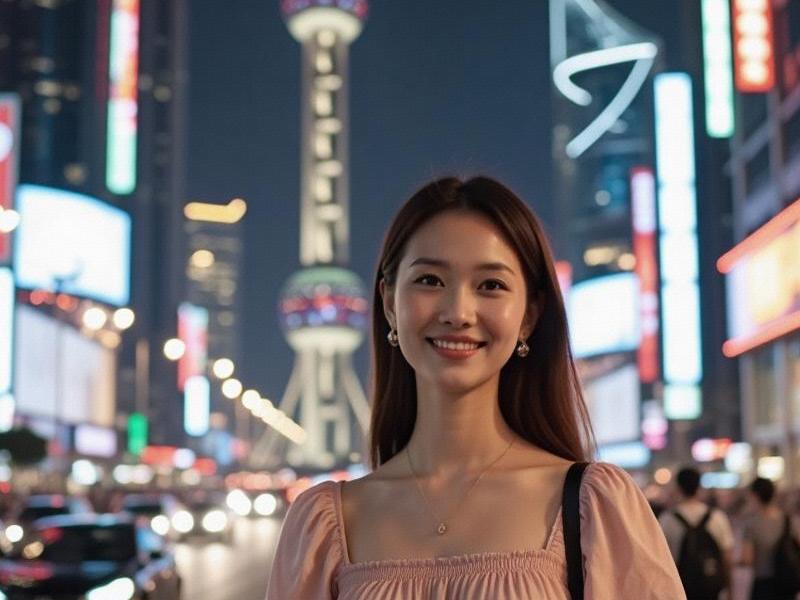This 2,500-word feature explores how Shanghai's women are creating a new paradigm of Chinese femininity that blends traditional values with global ambition, examining their influence across business, culture, and social change.

The Shanghai Paradox: Tradition Meets Transformation
In the neon glow of Nanjing Road, a fascinating cultural alchemy occurs daily. Shanghai women - whether sipping artisanal coffee in Xintiandi or closing million-dollar deals in Lujiazui - are crafting a new definition of Asian femininity that resonates globally. This isn't the foot-bound helplessness of historical caricatures, nor the aggressive masculinity sometimes associated with Western feminism. It's something distinctly Shanghainese: graceful yet powerful, traditional yet innovative.
Economic Architects
Shanghai's female workforce participation rate stands at 68.3%, with women founding 42% of new tech startups in 2024. Financial district power players like HSBC China's first female CEO Ying Wu represent this shift. "Our advantage is reading both Chinese guanxi and global markets," Wu explains. Even in traditionally male-dominated fields like architecture, women like Stella Tang (designer of Shanghai's new Oceanic Museum) are reshaping skylines.
夜上海419论坛 Cultural Curators
From the qipao revival led by designer Vivian Shao to viral Douyin food blogger "Auntie Lily," Shanghai women dominate cultural production. The Shanghai Literature Festival now features 60% female authors, while galleries like Power Station of Art showcase feminist artists reinterpreting Chinese motifs. "We're not rejecting tradition - we're expanding its vocabulary," says mixed-media artist Lin Xiaobei.
Beauty as Self-Expression
Shanghai's beauty standards increasingly emphasize individuality over conformity. The "Clean Girl" aesthetic (minimal makeup, natural hair) coexists with avant-garde street styles in the Former French Concession. Cosmetic brands like Florasis achieve record sales by blending Song Dynasty-inspired packaging with vegan formulas. Dermatologist Dr. Zhang Wei notes: "My patients want skincare that's both scientifically advanced and culturally rooted."
上海龙凤419
Family Revolution
While Shanghai's fertility rate remains China's lowest at 0.8, women are redefining family structures. The "3-2-1 Model" (three generations, two incomes, one child) dominates, with working mothers leveraging extended family support. New parenting spaces in corporate campuses and co-working "Mom Hubs" reflect this reality. Sociologist Dr. Li Jing observes: "Shanghai women have turned the one-child policy's constraints into creative family solutions."
Digital Pioneers
上海品茶网 Female-led tech initiatives flourish, from menopause-tracking app "Jade Circle" to the AI stylist platform "Hudie." Even traditional wet markets see innovation, with third-generation vendor Ms. Yang using livestreaming to sell organic vegetables. This digital fluency makes Shanghai women China's most active e-commerce users, averaging ¥18,000 annual online spending.
The Future Feminine
As Shanghai positions itself as a global innovation hub, its women lead the charge - whether in lab coats researching mRNA vaccines or piloting Shanghai's first all-female investment fund. Their version of success blends Confucian harmony with Silicon Valley disruption, creating a template for modern Asian womanhood that's studied from Seoul to Singapore.
In Shanghai's crowded metro at rush hour, one sees the full spectrum: university students debating in English, grandmothers with designer totes, young executives reviewing presentations. What unites them isn't appearance or age, but a shared understanding that in this city, being a woman means writing your own rules while honoring where you came from - the essence of Shanghai itself.